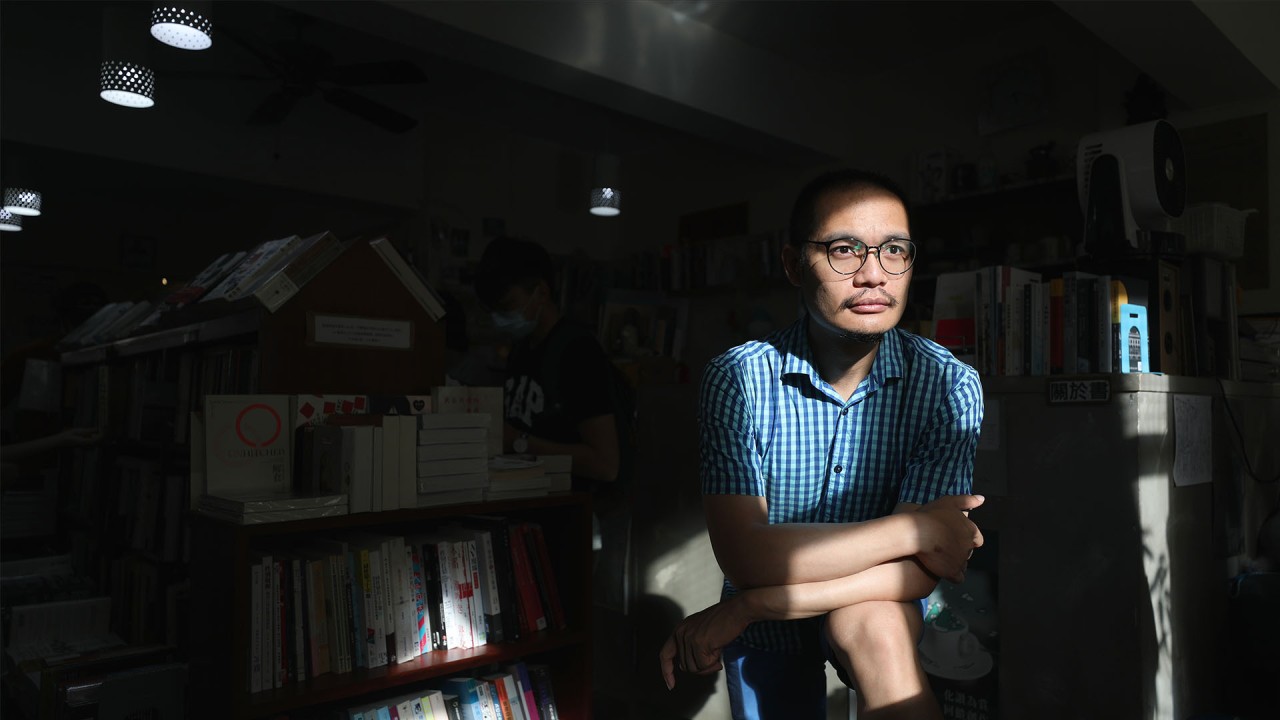
Singapore’s limits show a possible future for Hong Kong academic freedom
- Singapore has been an open academic society with considerable academic freedom and independence, but there are also restrictions – many of them unwritten
- The Lion City highlights how carefully crafted limitations on such freedoms can coexist with a successful academic system
Both places have had success building effective higher education systems during the past half a century. Hong Kong’s academic future now faces many questions in light of the new law and the prospect of restrictions on academia. Singapore, with restrictions in place, seems to be sailing along at the same time.
With closely matched populations, gross domestic products and highly developed service- and finance-based economies, the two places have some essential similarities. Both were British colonies. They have among the most effective higher education systems in the world.
A key difference is that Hong Kong is inextricably linked to mainland China. Singapore, meanwhile, has been independent since 1965 and does not have to worry about China.

04:30
Independent bookstores struggle under national security law in Hong Kong
Like Hong Kong, Singapore has been an open academic society with considerable academic freedom and independence of teaching and research. There is freedom to publish the results of academic research in all fields and for academics to comment in the local or international media. The universities have considerable autonomy in governance and decision-making.
National security law threatens Hong Kong’s academic freedom
The government provides guidance and support for the broad direction of higher education in Singapore while the internal management of universities is left in general to the academic community. There has never been any restriction on access to information or involvement with the rest of the world.
Much of Hong Kong’s success has been attributed to the autonomy of universities and an openness to new ideas. It has been one of the most academically free and autonomous academic systems in Asia. Until the implementation of the national security law in July, no one was fired for academic views, writings or actions as a public intellectual.

03:03
Hong Kong publishers resort to self-censorship under new security law
Hong Kong’s academic atmosphere was akin to top overseas universities’ and accounted for why it was able to attract academic staff from such institutions. The University Grants Committee provides overall direction to higher education. At the same time, the universities have almost complete internal autonomy and self-management. Shared governance emphasises control by the academics with participation by the administration.
Exactly how limitations – self-imposed or external – on academic freedom, increased controls and societal restrictions will affect higher education quality and global competitiveness is unclear. Singapore might be a useful point of comparison, showing that carefully crafted limitations on academic freedom can coexist with a successful academic system.
Philip G. Altbach is research professor at the Centre for International Higher Education, Boston College, US. Gerard Postiglione is emeritus professor at the Consortium for Research on Higher Education in Asia, University of Hong Kong


